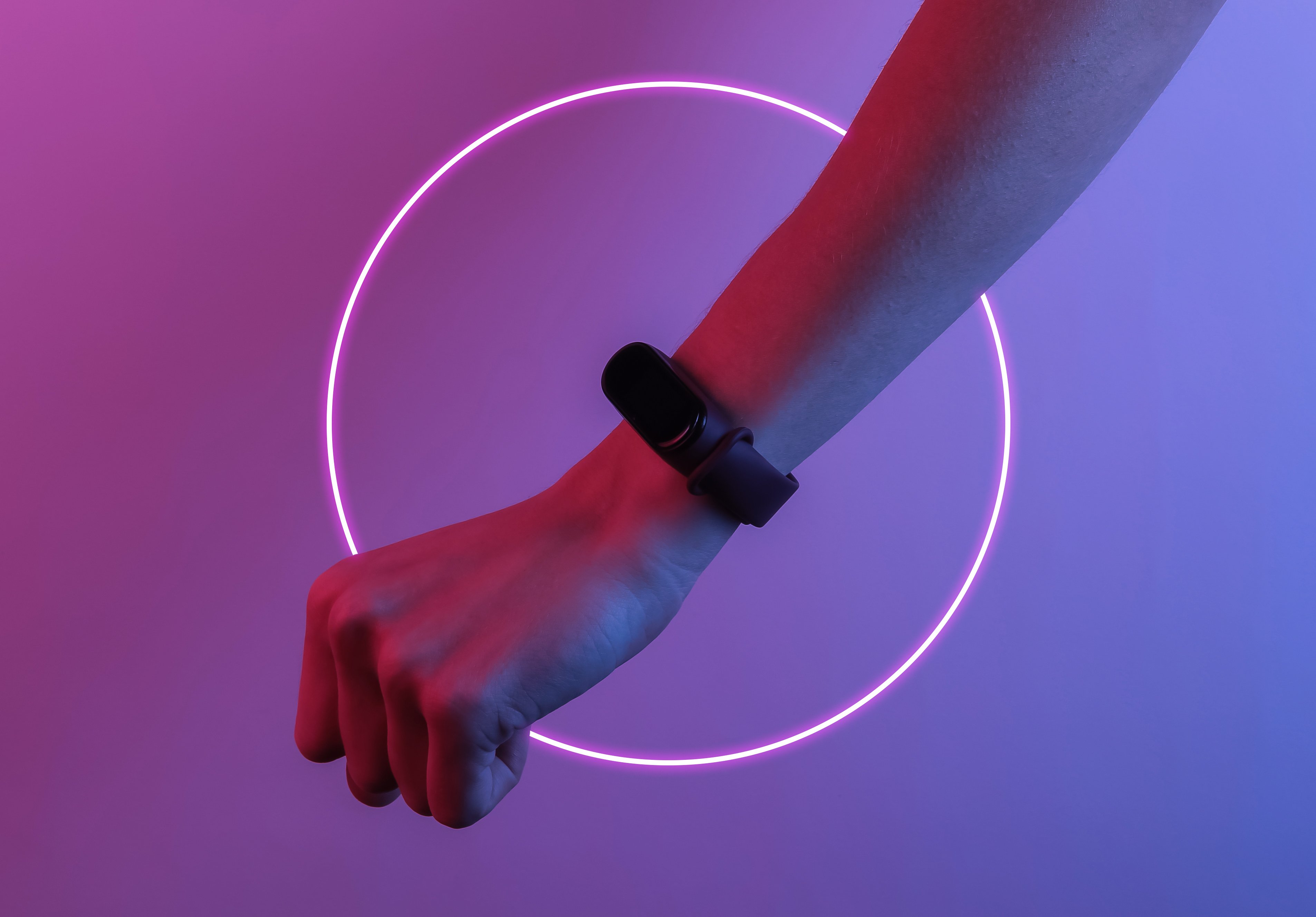
A surge in new medical technology is emerging from the FemTech sector. “FemTech” refers to technologies designed to support women’s health, an industry for which there is a pressing need.
Traditionally, there has been great gender disparity in healthcare. Health issues specific to women such as menstruation, menopause and pregnancy have been treated as taboo topics and as a result have been overlooked and under-researched. On top of this, clinical trials and diagnostics, taking the male body as the standard, have disregarded the fact that drugs and medical conditions can affect the female body differently (read more in our blog Gender medicine – deriving novelty from treating women?). As put by Caroline Criado-Perez, in her award-winning book Invisible women, the healthcare system is “systematically discriminating against women, leaving them chronically misunderstood, mistreated and misdiagnosed.”
Addressing the gap
The FemTech industry is working to close this gap. “FemTech” was first coined by Ida Tin, CEO of Clue, in 2016 and until recently was considered a relatively niche industry. But it is an industry of cutting-edge technology. A huge range of products are being developed, with AI driven tracking apps and smart wearable devices being particularly prominent. Among these are Clue, an AI driven tracking app which allows users to discover patterns in their menstrual cycles, Grace, a bracelet which is able to pre-empt a hot flush, cooling the wrist before it begins, and Mirvie, a platform which uses a combination of machine-learning and single-cell RNA-seq analysis of foetal and maternal cfRNA to accurately identify 75% of women who later develop pre-eclampsia (read more in our blog Predicting the unpredictable during pregnancy).
Evidently the industry is facing no lack of innovation. But lack of investment poses a significant barrier. Women’s health receives only 4% of healthcare R&D funding overall, and most of the funding it does receive goes towards fertility solutions. In addition, nearly 90% of investment decision makers are men, and this lack of diversity in the investment sector means that FemTech developers are likely to be pitching to investors who, due to a lack of experience, awareness or education, have little understanding of women’s health and as a result don’t understand the full potential of their ideas. This current struggle means that there is enormous potential for the FemTech industry to grow.
Investment is having a huge impact
Those who have managed to secure investment have made a significant impact. Six years after its launch in 2013, Clue had 12 million users in over 190 countries around the world. The product clearly met a widely felt need. As success stories continue to emerge, and as taboos around women’s health are broken down, the FemTech industry is expected to thrive. The total global market for FemTech reached 22 billion US dollars in 2020 and is expected to grow to 60 billion US dollars by 2027.
The future of FemTech looks bright. We should therefore look forward to many more FemTech products working innovatively to support women’s health.
Charlotte is a patent attorney working as part of our engineering and ICT team. She is experienced in working at all stages of the patent application process. She has also been involved in broader commercial strategy projects, for example analysing competitor patent activity. Charlotte has a keen interest in medical technologies, especially those in the “FemTech” sector which are designed to support women’s health.
Email: charlotte.lynch@mewburn.com
Sign up to our newsletter: Forward - news, insights and features
Our people
Our IP specialists work at all stage of the IP life cycle and provide strategic advice about patent, trade mark and registered designs, as well as any IP-related disputes and legal and commercial requirements.
Our peopleContact Us
We have an easily-accessible office in central London, as well as a number of regional offices throughout the UK and an office in Munich, Germany. We’d love to hear from you, so please get in touch.
Get in touch-1.png?width=100&height=100&name=Charlotte%20Lynch%20circle%20(1)-1.png)

